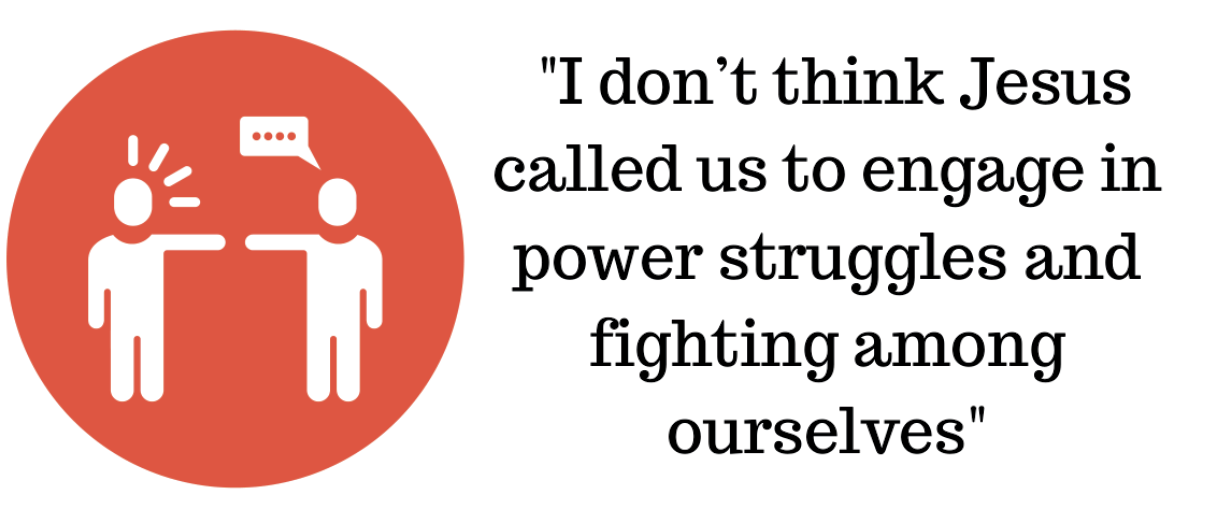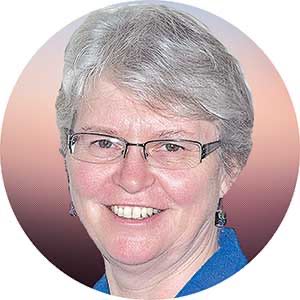The Assembly and General Synod meetings have concluded. There were, as always, high points and low moments. During the times when we gathered as the Lutheran and Anglican Churches together, we engaged in worship and conversation, and we considered our common mission and ministry. Presiding Bishop Susan Johnson, and Primate Linda Nicholls, spoke with compassion and sensitivity, about the situation in Israel and Palestine, and about the need for us to pray and advocate for peace. We listened to people witness to all that we share as the Lutheran, Anglican, and Moravian Churches moved toward full communion. Rev’d Paul Gehrs, Assistant to the ELCIC National Bishop, shared how commitments made in 2013 around housing and resource extraction have shaped the work of staff and included national expressions of this work around National Housing Day, Earth Day, and shared statements, calls to prayer, and advocacy from the Primate, the National Bishop, and the National Indigenous Anglican Archbishop. We heard about dialogue with Canadian Muslims, and Scott Sharman, the Animator for Ecumenical and Interfaith Relations for the Anglican Church of Canada, reflected on some of the emerging interfaith and inter-religious work and dialogue that Anglicans and Lutherans are doing together. It felt like the Church at its best. People of faith worshiping together and reaching out to other people of faith, across boundaries, across differences. It was also the first General Synod for National Indigenous Anglican Archbishop Chris Harper, whose message of healing and peace and friendship emphasized reaching out a hand in partnership and friendship to all. We are, he said, all in this together.
Sadly, though, it wasn’t all harmonious. When we considered legislation and entered into debate, the cracks started to show. We have had many acrimonious discussions at General Synod, often blamed on the issues we’re discussing—the BAS, the remarriage of divorced persons, the blessing of same-sex unions and then same-sex marriages. I am no longer convinced that the divisions are a result of the issues. Each time we come together and have these debates, we say the same thing—we need to find a better way of being together, of having dialogue with one another. But still, we revert to old patterns of parliamentary debate and engage in power struggles, bound by canons that were developed for a different time and a different Church. As we face the fact that our numbers are dwindling and we are becoming more and more irrelevant to so many, we need to consider what our message really is. I don’t think Jesus called us to engage in power struggles and fighting among ourselves; I think he called us to be messengers of hope, and reconcilers in a world of hurt. If our structures do not facilitate that, then we need to seriously reconsider what we defend and what we work so hard to protect. Jesus didn’t live and die to preserve canons but he did live and die to show us what love looked like and what it means to live the way of love.




